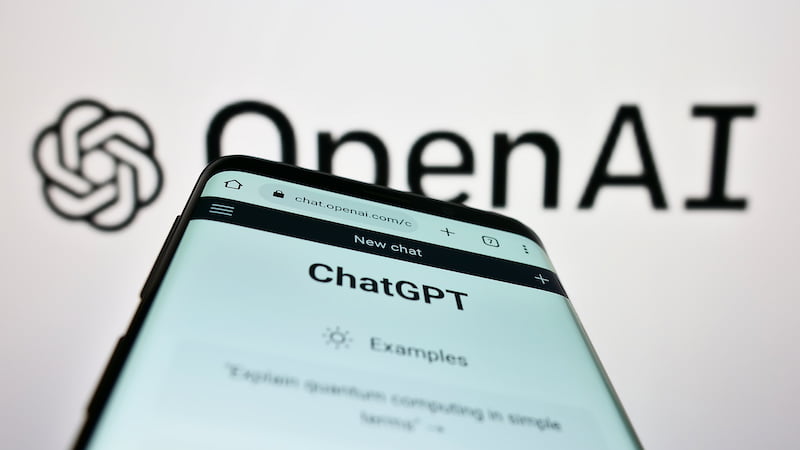
ChatGPT is increasingly finding its way into our everyday lives. The AI chatbot now has over 100 million active users. But the question increasingly arises as to how data protection is in relation to artificial intelligence. Because the data for ChatGPT often comes from the users themselves.
The AI software ChatGPT has recently received a lot of attention. The system set a record at the same time. Because artificial intelligence achieved the highest user growth within two months. The tool recently reached the mark of 100 million active users. But one aspect has so far been overlooked by ChatGPT: data protection.
Because the almost unbelievable knowledge of the chatbot is based on numerous data such as public articles, books, websites, but also posts in social media. Much of this information comes from the users themselves. In itself, this would not be a big problem if the users’ consent were obtained beforehand.
Does ChatGPT comply with data protection in the EU?
But that never happens with ChatGPT. Parent company OpenAI does not obtain the consent of the sources when training ChatGPT data. It also undermines the contextual integrity of information. This states that content may only be used outside of its actual environment after approval.
This approach leaves it questionable whether ChatGPT even complies with the guidelines of the General Data Protection Regulation (GDPR). Because in addition to the need for consent, there must also be a way to delete personal data. But there’s still no way to submit a request to OpenAI, the company behind the tool.
Rights holders produce data, but don’t get a dime
Compensation for rights holders is also problematic. Because if blog posts or books can be quoted via ChatGPT, the actual authors do not receive any compensation. Depending on the popularity of the text, the industry could lose huge revenues this way – and that while OpenAI probably earned a golden nose.
With the new premium version ChatGPT Plus, an unlimited version with a paid subscription is now also available in Germany. The corresponding licenses will probably generate up to one billion US dollars by 2024. The authors of the data used by ChatGPT have nothing to do with it.
Also interesting:
Source: https://www.basicthinking.de/blog/2023/02/21/chatgpt-datenschutz-eu/


